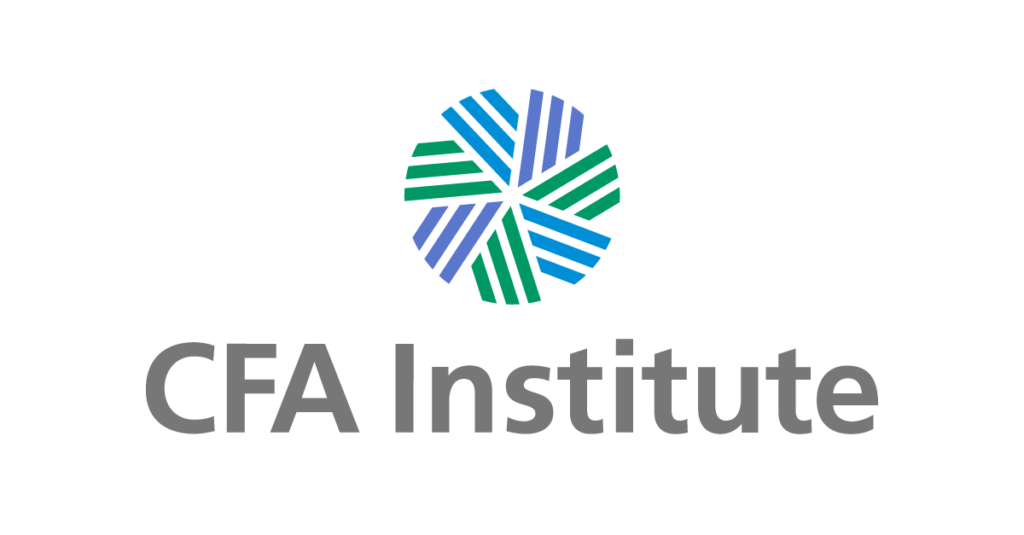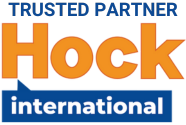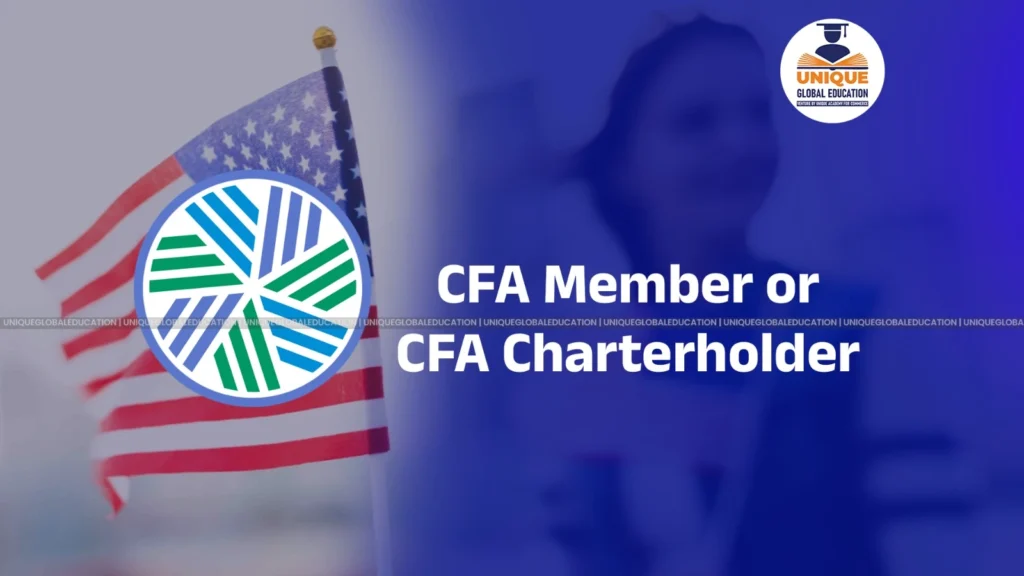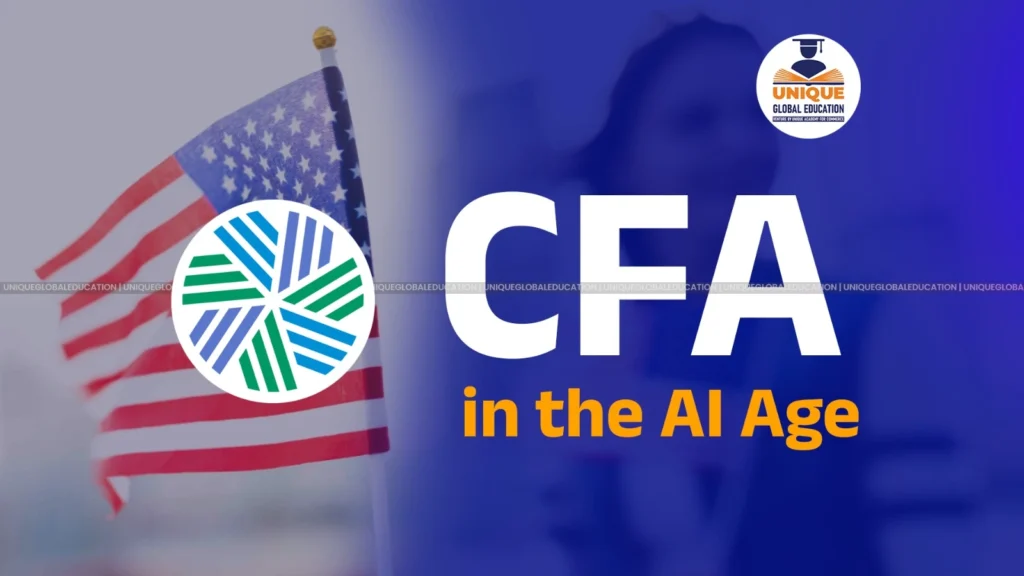Soft Skills CFA Professionals- The designation of CFA Professionals is widely recognized as the golden standard within the field of investment management. It is an expression of a profound understanding, of analytical skills and of dedication. But simply learning the technical information themselves isn’t the full story.
In today’s changing financial landscape, soft skills are just as important for success.
Clients, companies and colleagues are attracted to professionals with that key blend of knowledge beyond just numbers and the power to communicate and lead teams and manage relationships and make good decisions under pressure.
Following is a blog on which are the 3 Soft Skills CFA professionals should have to become successful in Career.
Table of Contents
1. Communication Skills
In finance, it’s all about the numbers; except when it’s not, and your words are what makes the numbers leap off the page.
As a CFA you will frequently need to translate complex investment strategies, financial models, and risk assessments to clients, management, and even non-finance employees.

Communication Essentials Some of the key elements of communication that must be present are:
- Simplifying Complex Ideas:
Ability to simplify complex financial concepts for easy understanding.
- Active Listening:
Actually, listening to what the client wants and working towards an appropriate response rather than just trying to shove technical up-him/her/them.
- Presentation Skills:
Prepare and present compelling reports, pitches and recommendations that resonate with audience(s).
Tip: Practice storytelling. They value the hell out of someone who can tell a good story with hard numbers.
2. Critical thinking and reasoning Problem solving and reasoning
All investment decisions carry a risk of loss.
To do well, CFA professionals should have great critical thinking skills; the ability to analyse situations, question assumptions, and come to an informed decision.
Critical thinking includes:
- Analysis of Alternative Scenarios:
What could go wrong? What are the best case and worst case?
- Conventional Wisdom Under Scrutiny:
Taking nothing at face value and verifying with do your own research and logic.
- Making Rational Decisions:
Data driven and emotionally unbiased while recommending.
Tip: Exercise structured thought about investment problems by conducting frequent “what if” exercises.
3. Emotional Intelligence (EQ)
If IQ gets you through the CFA exams, EQ is going to help you make the most of your career. Emotional Intelligence is the ability to recognize, understand and manage your own emotions as well as others.

And in finance, an industry where decisions are high-stakes and the money involved can run into millions of dollars, those with an exceedingly strong EQ are able to:
- Stay Calm Under Pressure:
Keep calm in the face of market swings or client crises.
- Build Strong Relationships:
Later: Discover the emotional motivators behind your clients and build empathy for them!
- Handle Criticism Gracefully:
You need to take in advice and learn from it” without being defensive.
Tip: Cultivate self-awareness and empathy in your daily interactions; they are the pillars of emotional intelligence.
Get More Details CFA Classes Pune and Face To Face Batches
4. Ethical Judgement and Integrity
Ethics is the foundation of the CFA designation.
Without integrity, all the technical know-how in the world is meaningless.
Yes, CFA professionals are subject to the CFA Institute’s Code of Ethics and Standards of Professional Conduct, but ethics is more than rules.
It requires:
- Sound Moral Compass:
Working with integrity in the interest of the client’s and being trust worthy always.
- Courage to Speak Up:
Expressing concerns when one observes unethical conduct, even when it is risky to you as an individual.
- Long-Term Vision:
Cultivating long-term image, with preference to long-term benefits rather than immediate gains.
Tip: When you’re caught between two choices, ask yourself, “Would I be okay with reading about my choice on the front page of a newspaper?” If not, rethink it.
5. Leadership and Group Participation
You may begin your career with a focus on technical tasks, but as you advance, you’ll be required to lead teams, oversee projects and mentor junior colleagues.

Characteristics of leadership and cooperation for the CFA professionals involve:
- Delegating Effectively:
Delegating and guiding team members.
- Motivating Others:
Motivating your team to be at their best, especially in high stress environments.
- Resolving Conflicts:
In general, managing disagreements productively without destroying relationships.
Tip: Begin developing leadership skills early – volunteer to participate in team projects, mentor others on your team and model leaders you respect.
6. Adaptability and Learning Agility
The world of finance is in a constant state of change; new regulations, new technologies that disrupt the status quo (think AI or blockchain) and changing client needs, not to mention market uncertainty.
There’s a capacity to adapt, to change and one call that is adaptability, we are one hundred percent fit and firing.
Characteristics of an adaptable CFA professional:
- Learning New Skills:
Staying informed about fintech, data analysis, ESG investing and other trends.
- Open-mindedness:
Embracing new ideas, no matter how much they fly in the face of traditional approaches.
- Resilience:
Recovering from reversals, whether losing a client, making a mistake, or experiencing a down market.
TIP: Invest time each month into continuous learning online course, webinars, podcasts, industry journals etc.
7. Client-Centric Mindset
At the end of the day, finance is a service industry.
Whether you’re stewarding wealth for individuals, investing for institutions or advising the advisory industry, putting clients first is a must.
Being client-centric means:
- Understanding Client Goals:
Not every client is interested in the highest return; some may value safety, liquidity or social impact.
- Building Trust:
Show a track record of trustworthiness, openness and acting in the best interests of the client.
- Delivering Tailored Solutions:
Design or tailor formulas, instead of giving a one-size-fits-all rule.
Tip: Spend as much time working to understand the “why” behind client goals as you do the “how” of investment products.
8. Time and Priority Management
CFA pros frequently switch between duties; overseeing portfolios, gazing over reports, seeing clients and participating in brainstorming sessions.

Good time management allows you to:
- Prioritize Critical Tasks:
Think high impact instead of low value busy work.
- Set Realistic Deadlines:
Set the bar low for yourself and your stakeholders.
- Maintain Work-Life Balance:
Prevent burnout by being deliberate about how you manage your time.
Pro-tip: Organise your day well by using tools like to-do lists, calendars and time-blocking techniques.
Final Thoughts
Soft Skills CFA Professionals – Getting your CFA charter is a powerful feather in your cap; it proves you have the technical chops and dedication.
“But if you really want to shine in the finance realm, you need a balance of technical expertise and a solid soft skills base.”
Through the development of communication, critical thinking, emotional intelligence, ethics, leadership, adaptability, client‐centricity, and time management, you’ll not only be a great CFA professional, you’ll be a trusted adviser, a valued team member, and a future industry leader.
In finance, knowledge is only part of the picture; it’s how you put that knowledge into action, how you work with others and how you lead.
Invest in your soft skills; the payback will be incalculable















